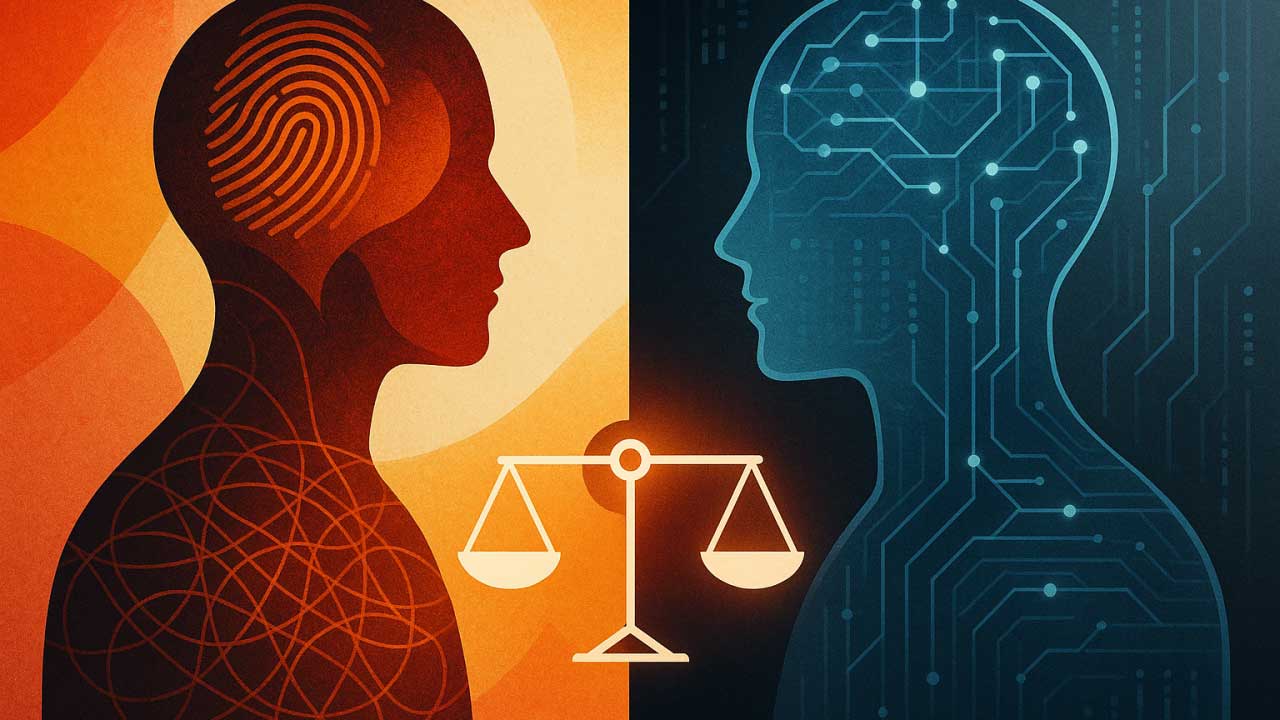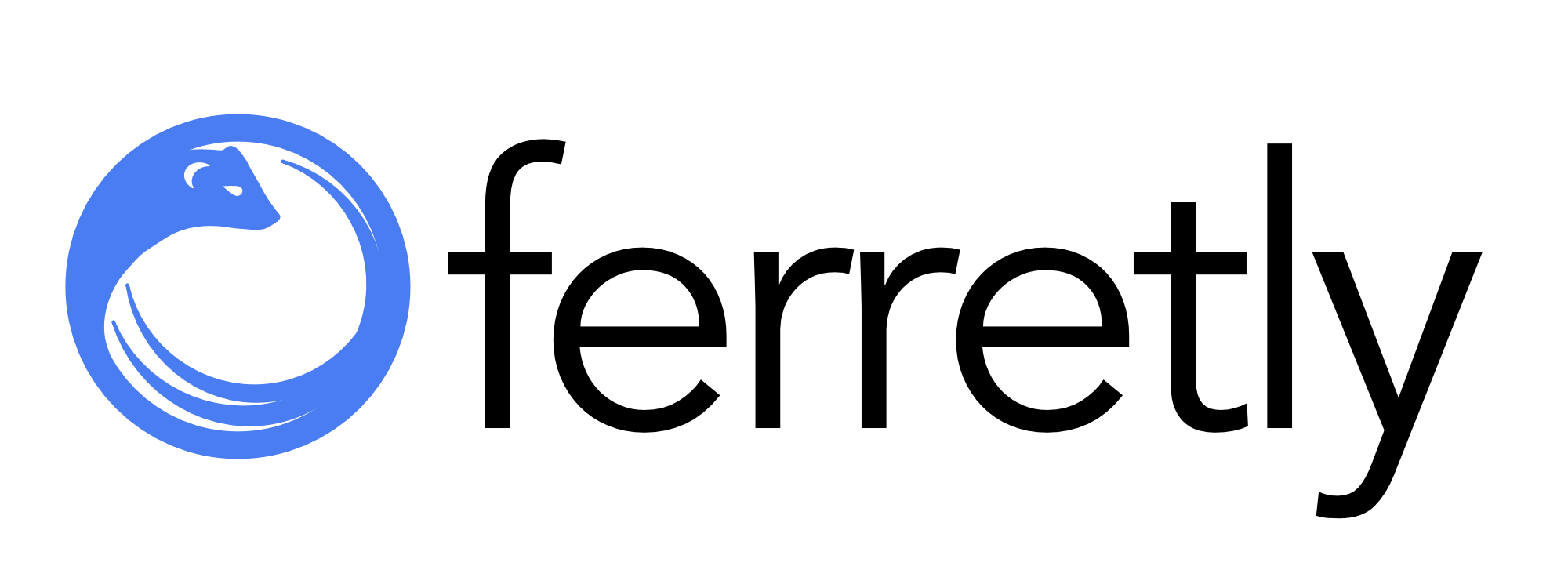Em quem confiamos para decidir? Viés humano versus sinal algorítmico na triagem

Na contratação, o julgamento sempre teve peso. Mas em 2025, estamos sendo forçados a fazer uma pergunta mais fundamental: Em quem estamos confiando no julgamento? E em que isso realmente se baseia?
A sabedoria convencional diz que a intuição humana é o padrão-ouro na avaliação de candidatos. Mas seis meses de rápido avanço da IA devem nos fazer reconsiderar essa suposição.
Estamos programados para preconceitos: confirmação, afinidade e atribuição. Nosso contexto é limitado, nossa atenção é inconsistente, nossas decisões são moldadas por experiências pessoais e filtros culturais que funcionam bem para relacionamentos pessoais, mas criam responsabilidade legal em ambientes profissionais.
Enquanto isso, os sistemas de IA evoluíram dramaticamente. O que levou meses para treinar agora acontece em semanas. O que exigia grandes conjuntos de dados agora funciona com amostras específicas. O que parecia experimental agora está pronto para produção.
O caso da inteligência aprimorada
Veja o que os últimos seis meses provaram: A IA não substitui o julgamento humano — ela o aumenta com recursos que eram ficção científica há um ano.
Os sistemas de triagem modernos agora podem:
- Padrões comportamentais de superfície em períodos e plataformas que nenhum revisor humano poderia analisar na prática
- Identifique sinais profissionais enquanto filtra o ruído demográfico que cria exposição legal
- Forneça um raciocínio explicável para cada fator de avaliação
- Avaliação consistente da escala em milhares de candidatos sem fadiga ou variação de humor
Não se trata de a IA ser “perfeita” — trata-se de combinando visão humana com consistência algorítmica para criar processos de contratação mais justos e defensáveis.
O cenário regulatório está mudando para reconhecer essa realidade. Esforços recentes de desregulamentação reconhecem que a inovação americana na triagem de IA não deve ser estrangulada por estruturas projetadas para relatórios de crédito dos anos 1970.
Sinal profissional, não julgamento pessoal
Na Ferretly, nos concentramos em indicadores comportamentais profissionais—padrões de comunicação, consistência ao longo do tempo, sinais de alinhamento que se correlacionam com o sucesso no local de trabalho.
Nossa abordagem reconhece que os empregadores precisam de ambos: julgamento humano para nuances culturais e análise de IA para equidade sistemática.
O objetivo é fornecer a cada candidato uma avaliação padronizada e, ao mesmo tempo, fornecer aos empregadores dados confiáveis. para tomar decisões confiantes.
Pense nisso: em seis meses, a IA ficou dramaticamente melhor em entender o contexto, detectar padrões e explicar decisões. O preconceito humano, infelizmente, não melhorou em nada.
Construindo o futuro da triagem justa
A convergência é clara: o rápido avanço das capacidades de IA atendendo a um ambiente regulatório que finalmente está pronto para abraçar a inovação em vez da inércia burocrática.
Ferretly está posicionado exatamente nesta interseção.— criando uma triagem baseada em IA que ofereça a precisão e a transparência que regulamentações como a FCRA prometeram, mas com a sofisticação tecnológica que realmente funciona.
Não estamos apenas acompanhando o avanço da IA —estamos antecipando para onde está indo e construindo a infraestrutura que impulsionará a contratação justa quando as barreiras regulatórias continuarem caindo.
A questão não é se a IA transformará a triagem, mas se as empresas se adaptarão com rapidez suficiente para aproveitar esses recursos de forma responsável.
Porque quando perguntamos “Em quem confiamos para decidir?” a resposta está ficando clara: sistemas que combinam sabedoria humana com precisão algorítmica — e podem provar que suas decisões são justas.
Isso não é apenas uma melhor triagem. Isso é vantagem competitiva.






